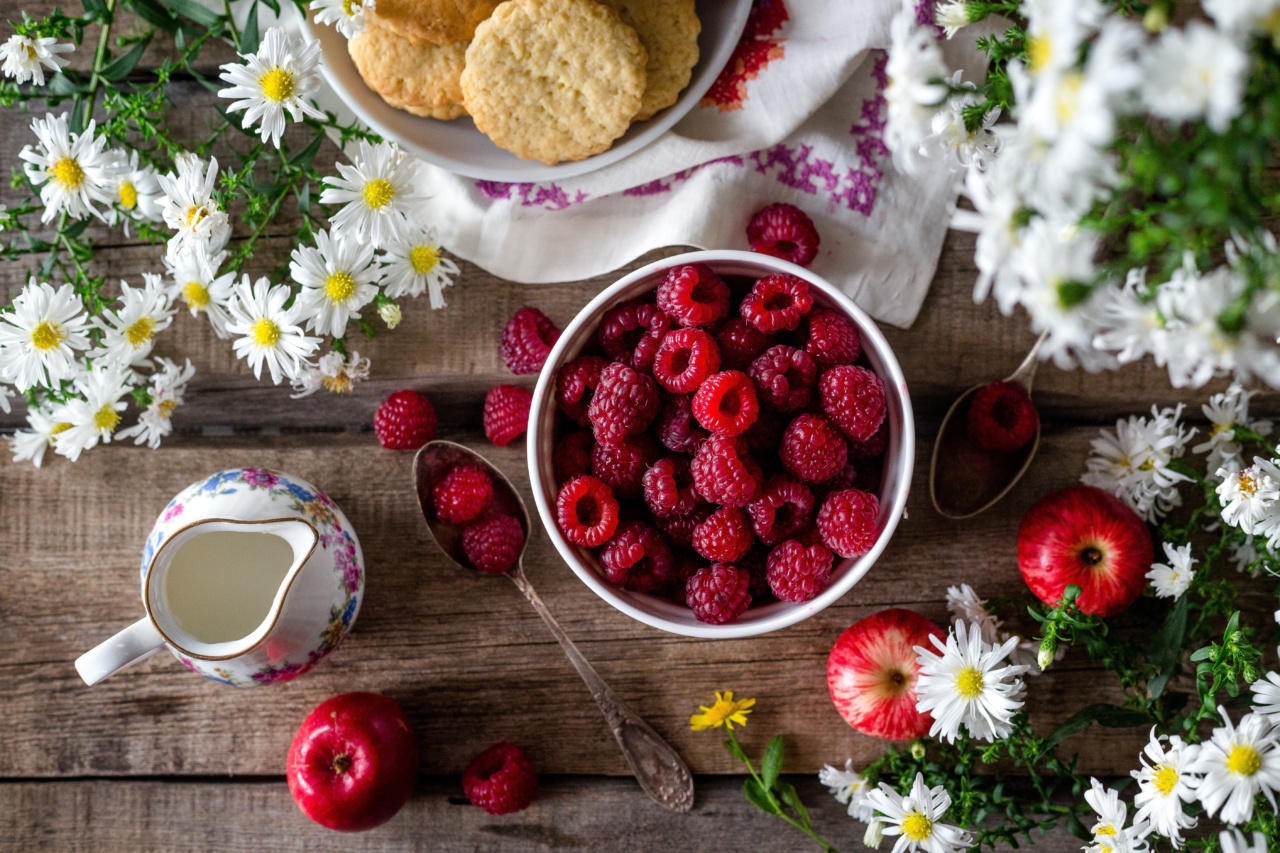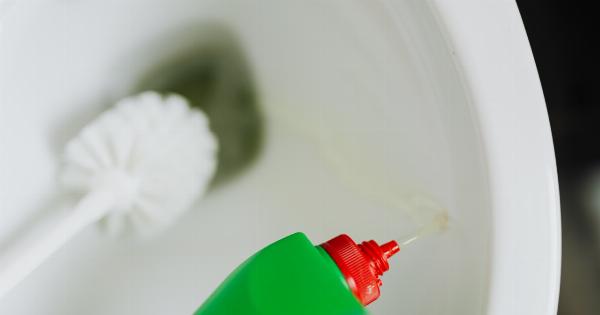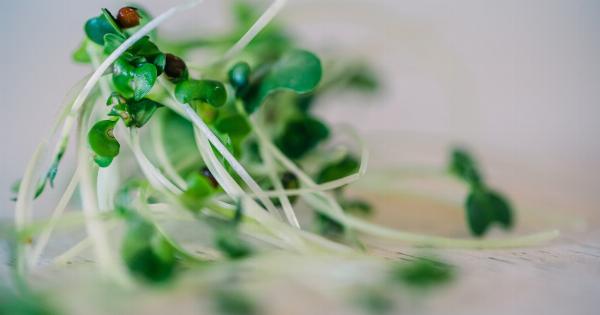Apples are one of the most popular and nutritious fruits consumed worldwide.
However, with the increased use of pesticides in conventional apple farming, many individuals are growing concerned about the potential health risks associated with consuming these fruits. Thankfully, there is an effortless approach to enjoying pesticide-free apples, which ensures that you and your loved ones can relish their numerous health benefits without any worries.
Understanding the Importance of Pesticide-Free Apples
Pesticides are chemical substances used in conventional agriculture to control pests, diseases, and weeds. While they may be effective in protecting the crop, the residues left on the fruits can pose risks to human health.
Research suggests that prolonged exposure to pesticides may lead to various health issues such as cancer, reproductive problems, developmental disorders, and even neurological conditions.
Given these potential risks, it is crucial to opt for pesticide-free apples whenever possible. By doing so, you can decrease your exposure to harmful chemicals and reduce the negative impact on the environment.
So, what are the effortless approaches to ensuring pesticide-free apples?.
1. Choose Organic Apples
When shopping for apples, look for certified organic options. Organic farming practices prohibit the use of synthetic pesticides, herbicides, and fertilizers.
Instead, organic farmers rely on natural methods, such as crop rotation, biological pest control, and composting, to maintain the health and productivity of their apple orchards. By choosing organic apples, you can be confident that they are free from harmful pesticide residues.
2. Grow Your Own Apple Trees
One of the most rewarding and effortless ways to enjoy pesticide-free apples is by growing your own apple trees. Whether you have a spacious backyard or a small balcony, there are apple tree varieties suited for different environments.
By nurturing your apple trees organically, you gain complete control over the cultivation process, ensuring that no harmful chemicals are used. It is a sustainable and satisfying endeavor that allows you to enjoy the freshest and most pesticide-free apples.
3. Support Local Organic Farmers
If you don’t have the space or resources to grow your own apple trees, consider supporting local organic farmers.
Community-supported agriculture (CSA) programs, farmers’ markets, and organic food subscription services are excellent ways to connect with local growers who prioritize sustainable and pesticide-free farming methods. Not only will you get to enjoy fresh, locally grown apples, but you will also contribute to the growth of your community’s organic food movement.
4. Wash Apples Thoroughly
Even if you choose organic apples or grow your own pesticide-free fruit, it is essential to wash them thoroughly before consuming. Washing apples removes any dirt, debris, and potential traces of naturally occurring substances.
While it may not eliminate all pesticide residues, it can significantly reduce their presence. Make sure to use a gentle scrub brush or clean cloth and rinse the apples under running water. This simple step can further ensure the safety of your pesticide-free apples.
5. Try Integrated Pest Management (IPM)
Integrated Pest Management (IPM) is a sustainable approach used in commercial apple farming that focuses on minimizing pesticide use while still effectively managing pests.
IPM incorporates various techniques such as biological control, habitat manipulation, and the targeted application of pesticides only when necessary. By using IPM strategies, farmers can significantly reduce pesticide use while ensuring the health and productivity of their apple orchards.
6. Explore Non-Traditional Apple Varieties
Besides the more commonly known apple varieties, there is a vast array of heirloom and lesser-known apple types available. These non-traditional varieties often have natural resistance to pests and diseases, reducing the need for pesticides.
They can be a delightful addition to your apple collection, offering unique flavors and textures while reducing the potential pesticide exposure to you and your family.
7. Consider Apple Cider and Apple Sauce
If you’re concerned about pesticide residues on the skin of apples, one option is to transform your pesticide-free apples into cider or sauce.
By peeling and cooking the apples, you can effectively eliminate any surface residues that may be present. Plus, homemade apple cider or applesauce can add a delicious touch to your meals and desserts, making it a win-win solution.
8. Practice Crop Rotation
If you decide to grow your own apple trees, it is beneficial to practice crop rotation. Crop rotation involves changing the location of your apple trees from one year to the next.
This process helps disrupt pest and disease cycles, reducing the risk of infestations and minimizing the need for pesticides. By rotating your crops, you create a more balanced and healthy orchard ecosystem, contributing to pesticide-free apple production.
9. Implement Natural Pest Control Methods
There are various natural pest control methods that can help protect your apple trees without resorting to harmful chemicals.
For example, introducing beneficial insects like ladybugs can help control aphids, while using pheromone traps can help monitor and manage pests like codling moth. Research natural pest control techniques suitable for your apple tree variety or seek advice from local organic gardening experts to maintain a pesticide-free environment.
10. Spread Awareness
Lastly, but equally important, spread awareness about the benefits of pesticide-free apples.
Educate your friends, family, and community about the potential risks associated with pesticide exposure and the various effortless approaches to obtain pesticide-free apples. By sharing knowledge and encouraging others to make conscious choices, we can collectively promote a healthier and more sustainable food system.




























